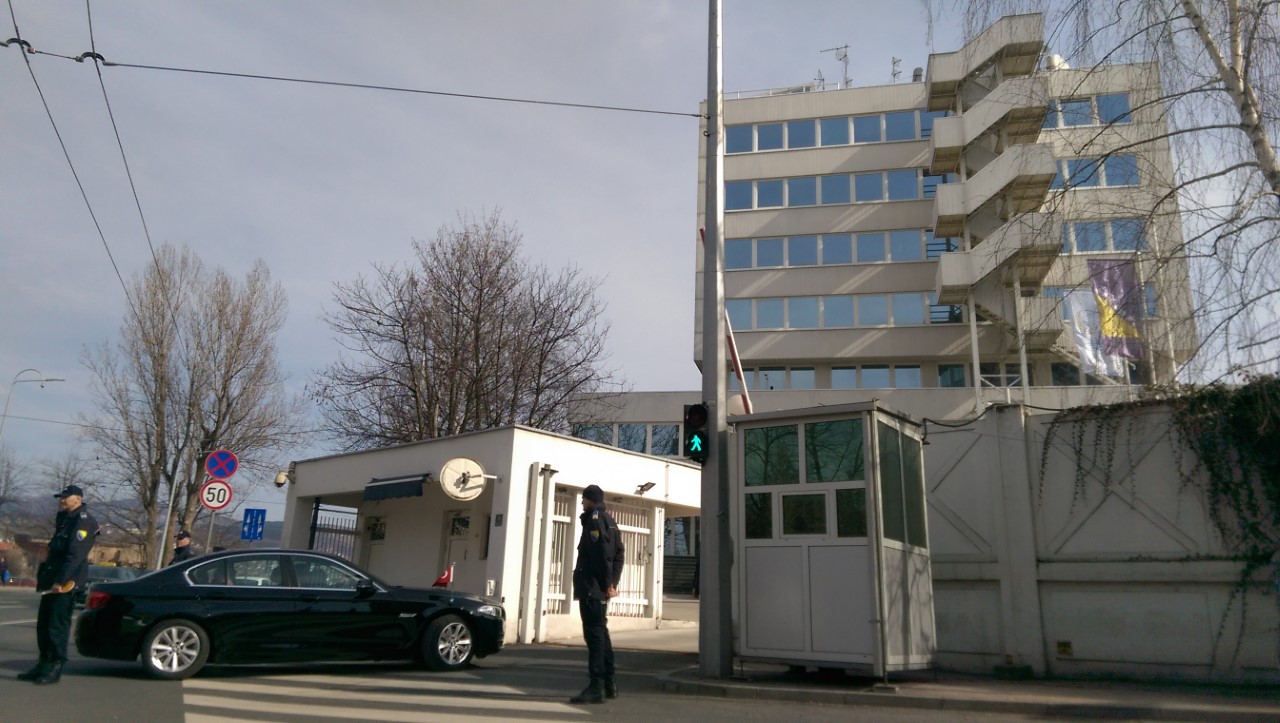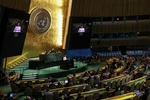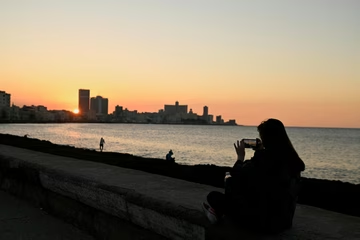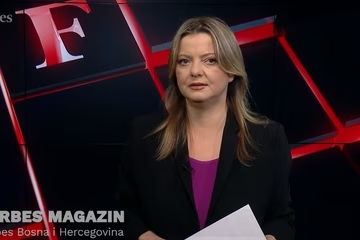
The Office of the High Representative (OHR) and the US Embassy to Bosnia and Herzegovina reacted to Croat Democratic Union (HDZ BiH) Leader Dragan Covic’s earlier response to a public statement by the OHR and several embassies, condemning HDZ’s actions concerning the Criminal Procedure Act change.
After Covic called their remarks unacceptable and false, the OHR, which oversees the implementation of the Dayton Peace Agreement which ended the war in Bosnia, and the US Embassy said they both stand by their earlier statement.
“We believe our joint statement dated May 30 speaks for itself, therefore we have no further comment on this issue,” the US Embassy said.
“Tuesday, the HDZ voted against amendments to the Criminal Procedure Code in the House of Peoples of Bosnia and Herzegovina, which are in line with the international standards. This confirms the international community’s concern about the HDZ BiH’s approach to this issue, as was stated in the joint statement,” the OHR said.
The embassies of Canada, France, Germany, Japan, the Netherlands, Spain, Turkey, United Kingdom, United States, and the OHR and OSCE are deeply concerned about the evident lack of genuine interest by the HDZ BiH and SNSD in implementing the decision of the Bosnian Constitutional Court on the Bosnian Criminal Procedure Code (CPC).
"Through the amendments proposed by the HDZ BiH, the Alliance of Independent Social Democrats (SNSD) and the HDZ BiH pushed for changes to the CPC by the Bosnian Parliamentary Assembly that are not in line with International standards, while opposing amendments that would meet those standards and also assure prosecutorial and judicial effectiveness at the state level. Moreover, they have created procedural obstacles in the state level Parliamentary Assembly for the adoption of any CPC amendments," embassies say.
Covic, on the other hand, said the allegations were false and that preparations for the said Law were no different than for any other law.
“I feel obliged to inform you that your statements, based on incomplete information, unnecessarily contribute to the creation of a negative perception in the public, and that you are taking part in the politicization of an important internal state issue during an election campaign in Bosnia, which is outside of all standards, making you part of the campaign, which is absurd,” Covic said.
Bosnia’s Constitutional Court declared some of the Law’s articles addressing the process of granting immunity from legal prosecution, physical search and special investigative procedures as unconstitutional in 2016, and gave lawmakers six months to adopt adequate changes.
In May, the Constitutional Court concluded that until the final execution of its decision, the disputed provisions of the Criminal Procedure Code will be applied with the standards from the decision determining their unconstitutionality and in accordance with the general standards of human rights and freedoms from the Constitution of Bosnia and Herzegovina and the European Convention for the Protection of Human Rights and Freedom related to that area.
Kakvo je tvoje mišljenje o ovome?
Učestvuj u diskusiji ili pročitaj komentare





 Srbija
Srbija
 Hrvatska
Hrvatska
 Slovenija
Slovenija


























































